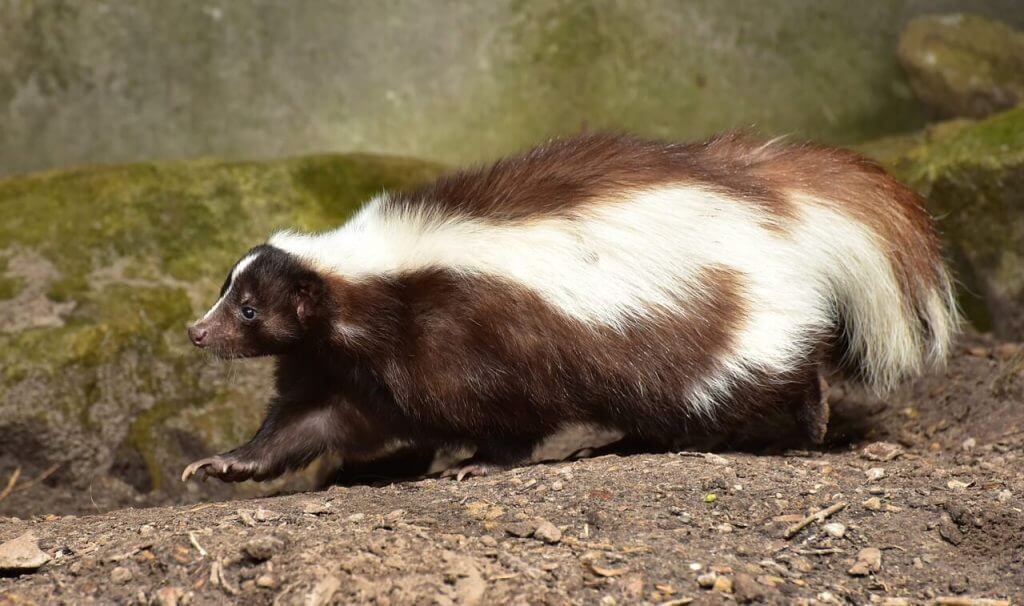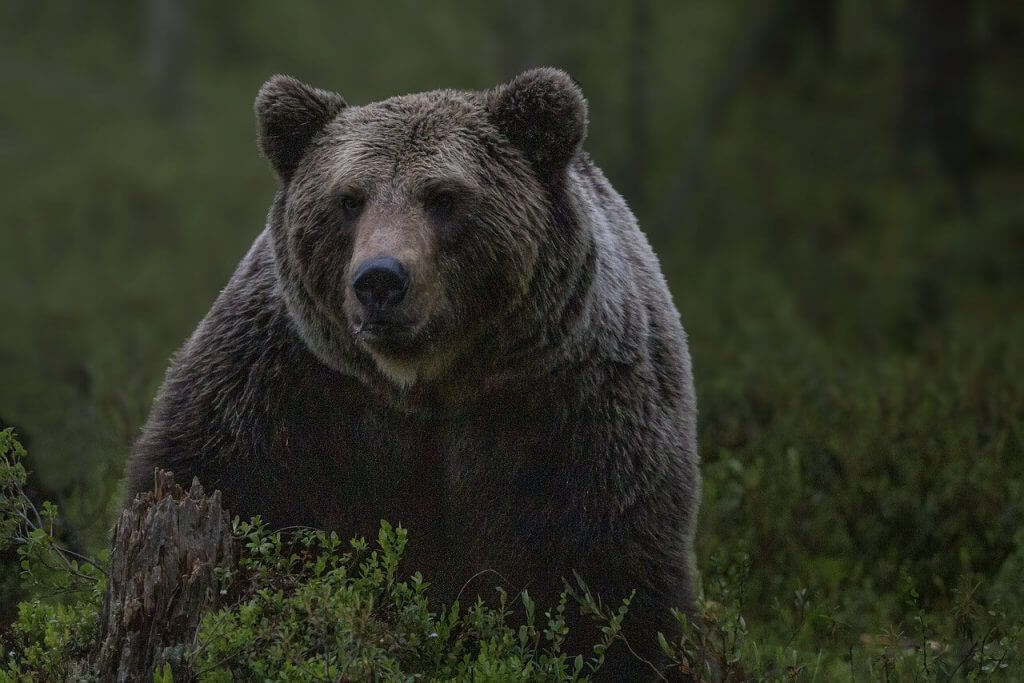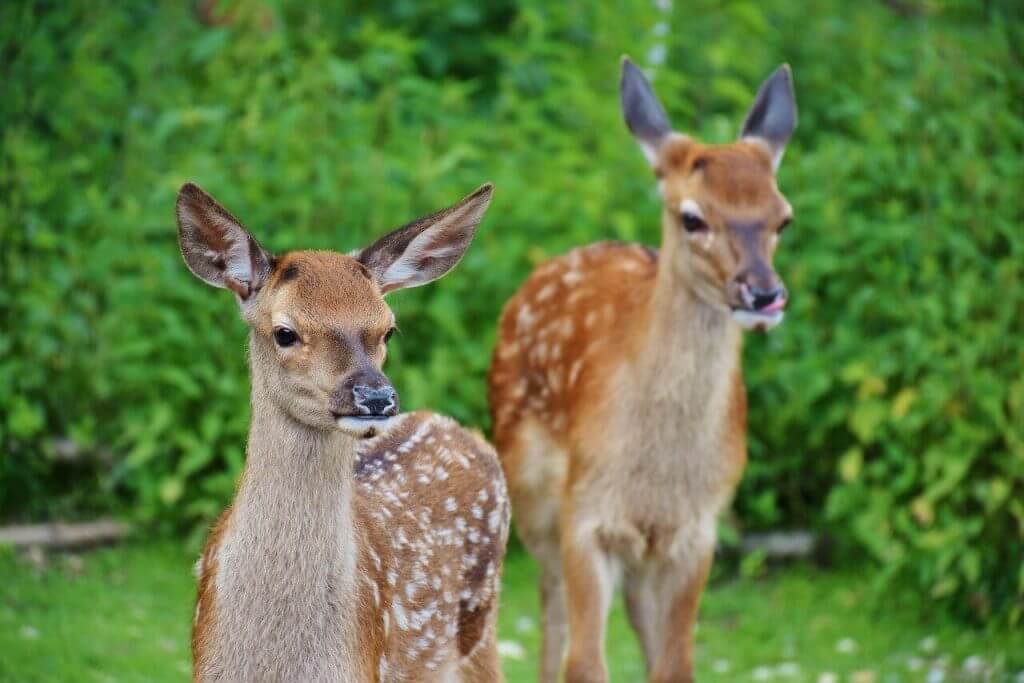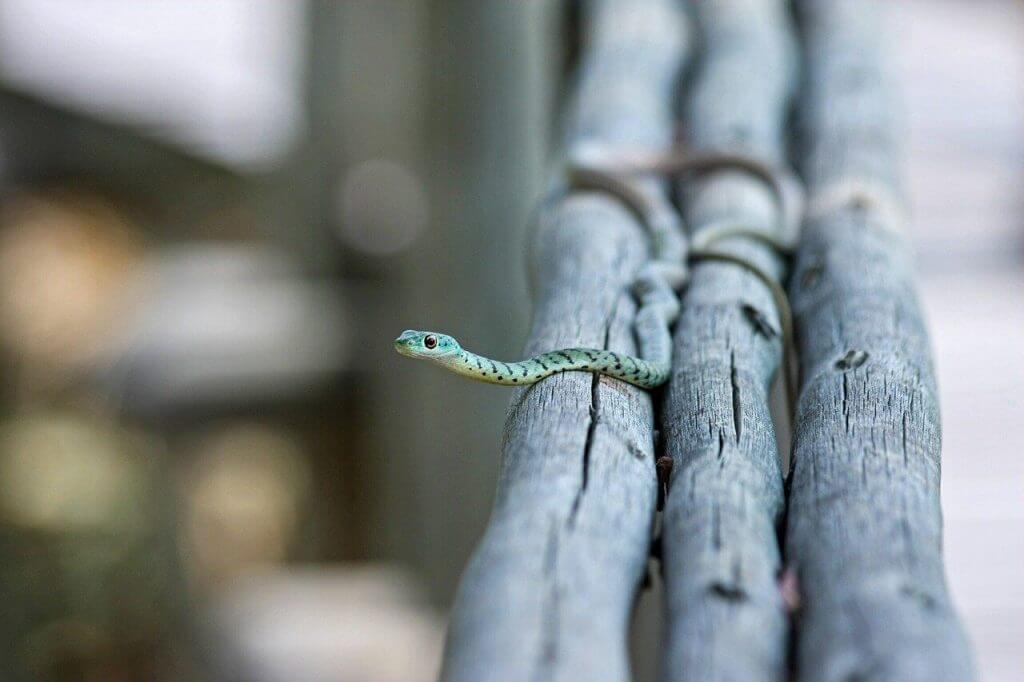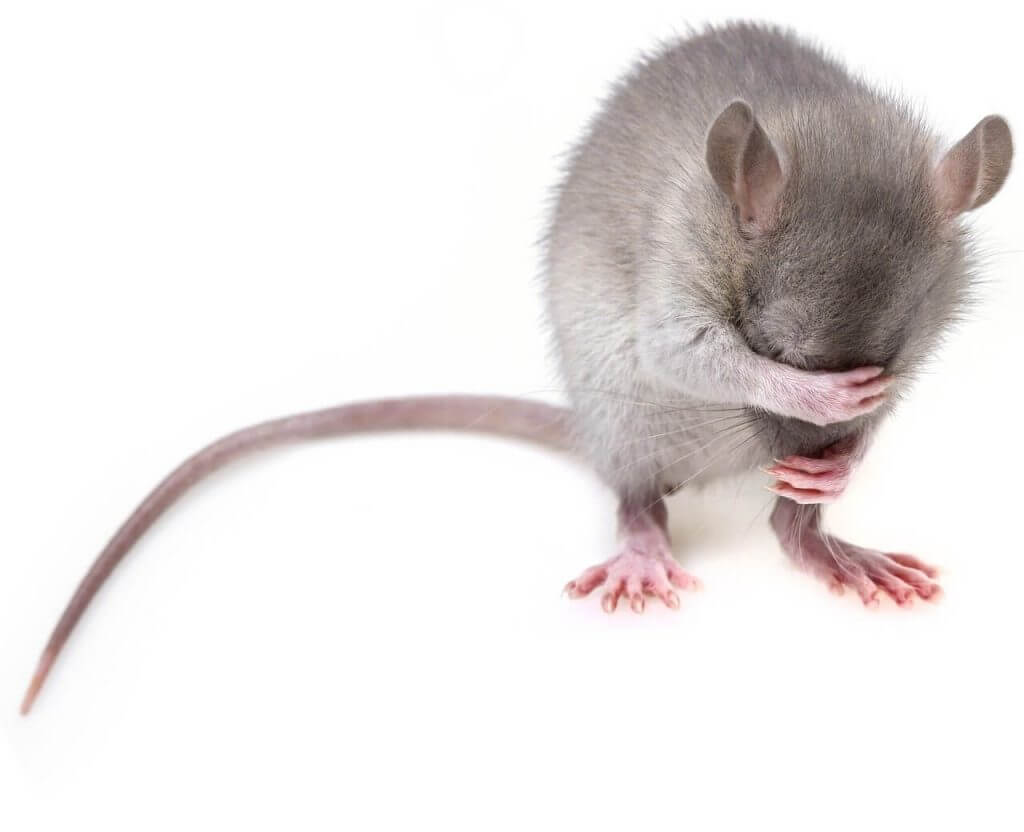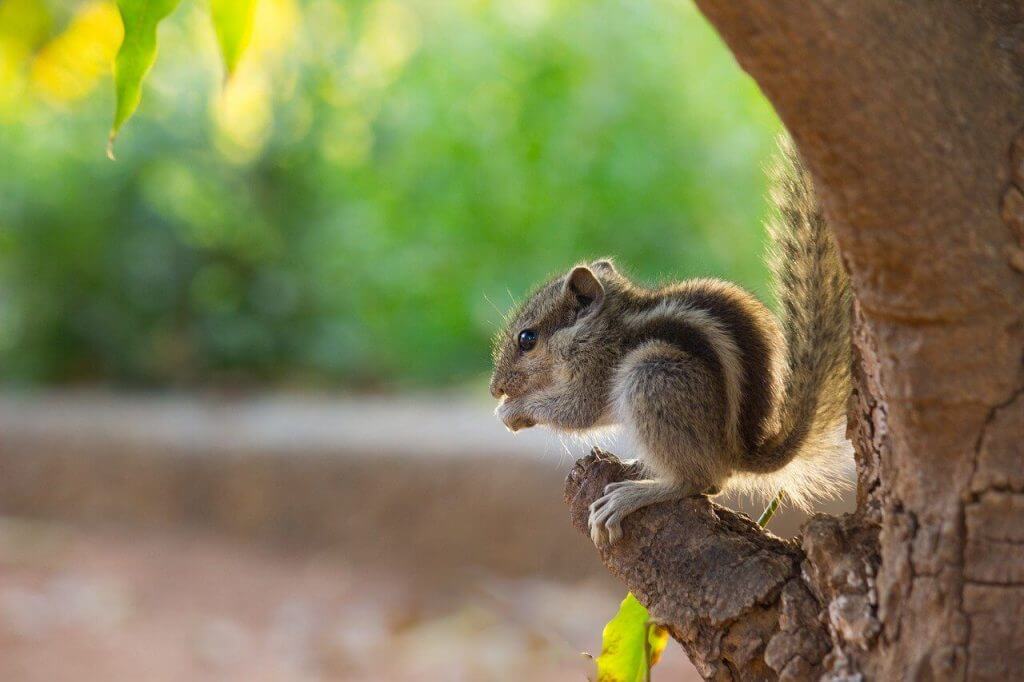If you’re thinking about ways that your home may sustain damage, there are many things to consider.
Weather, water, and structural concerns are all critical, but one often-overlooked element is animals.
Many common animals that cause damage to your home are listed here. Though we love pets, sometimes things go wrong when they start damaging homes!
List of Common Animals That Cause Damage to Your Home
Here are some of the most common animals that could damage your home.
Skunks

Skunks are relatively common in many areas of the United States. They also tend to cause damage because they release a disgusting smell when startled or afraid. If that odor gets into your house or the HVAC, it could take months to clean out.Bears

Though you might have serious concerns for your safety if you see a bear in the wild, bears in urban areas rarely hurt people. Instead, they’re more commonly looking for trash cans. In some cases, a bear who’s used to rummaging through trash cans might leap going inside to look for trash “from the source.”Deer

The biggest concern with deer is their skittishness. Deer that live near urban areas may become used to humans while still retaining their ease of startling. That can lead to a deer seeing its reflection in a window and trying to ram it, causing severe property damage.Also, read 20 Top Windiest Cities in the US [2022]
Groundhogs

When it comes to groundhogs, you may have to worry about structural integrity. Specifically, groundhogs love to make tunnels. They can make 45-foot-long tunnels five feet below the ground. That can cause structural problems if they make too many tunnels very close to your home.Snakes

Snakes are the masters of getting just about anywhere. If you have even the smallest opening in your home’s walls, you can end up with a snake nest in there. Not only can they attract larger predators, but they can also be venomous.Raccoons

Raccoons’ opposable thumbs make them a bearer of chaos just about anywhere they go. They can rip out your wiring, tear out insulation, and leave droppings all over your basement or crawl space. Plus, they can also carry a variety of diseases, including rabies.Rats and Mice

Rodents can build nests in your crawl space, chew through your foundation, make holes in your walls, and much more. Because they’re so small, they’re hard to get away from. They can also die in your walls, which can lead to a disgusting smell and health concerns.Squirrels and Chipmunks

The most significant difference between squirrels and chipmunks is that chipmunks tend to be smaller, leading to their ability to get inside smaller spaces, but both of these animals that cause damage can wreak havoc on your home. They can chew up your siding, damage your basement or crawl space, and spread bacteria.
Conclusion
All animals can cause damage to homes, but these are some of the most common animals that cause damage.
You should take proper precautions and safety measures to stay safe and keep your home protected from these animals that cause damage. Most of these animals damage the foundation of your homes. Even if the foundation is made of concrete, these animals can still damage it.
If you’re having problems with the animals that cause damage to homes, make sure you talk to a home repair expert to create a solution. It’s possible to get through an animal concern and have a healthy home on the other side.
Also, read Best Large Backyard Landscaping Ideas | How To Care?

